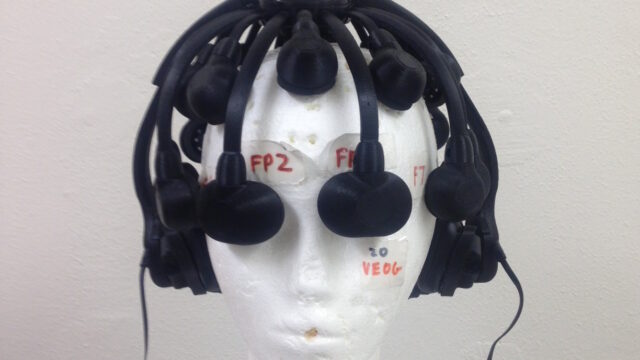The covid-19 pandemic has brought to light many deficiencies in our democracy, institutions, leaders, and ourselves. The exposure of such fissures in what make up the fundamental pillars of our lives has been crushing and humbling. It has left our minds aimless and searching for answers. One of the foundational cornerstones exposed as more virtual than actual is our dependence on science and medicine. With no means to combat the coronavirus, no vaccine to inoculate us from its destructive actions, no medicines to withstand the multiple assaults on our body, we have lost confidence. Compounding that is a U.S. leader who rejects or confuses faith in science with faith in magical thinking. To lessen the risk, he advocates using drugs with no efficacy and considered highly dangerous. His lodestar is not science but misplaced hope in superstition and instinct. But gut feelings untested by rational thinking are worse than ineffective, they can be deadly.
What this lack of trust in education and in the scientific method teaches our children undermines the very basis of contemporary living. How are we to fight these changes to our body politic, the environment, and psychological well-being? There are many answers, but for now I concentrate on what academia can do. As part of that community, I would like to know where the wisdom experts are when we need them the most? Where are the clinicians, investigators, educators, schoolteachers who can make the case for why we need to look to science? Where are the cognitive scientists, psychologists, sociologists, philosophers to steer us through these bleak and uncertain times? The world needs them now more than ever.
My call is for them to leave their ivory towers, commune with common folk, and share their insights. It is time to banish the fiction that science cannot mingle with politics. Science, intellectual thinking, and analytic reasoning must undergird policy. Policy should be receptive to alternative ways of discerning, including faith-based approaches. But science has won the right to take a principal role and help us assimilate what we learn. We must encourage citizen-scientists to present the argument to the public, not just to colleagues and not just in specialized periodicals. Further, we cannot support leaders who disdainfully minimize the hard-won fight over illiteracy and magical thinking without a response to reconfirm what we know. We are better off because we pay attention to, assess, and then conclude rather than acting only from instinct.
This response to the anxiety and ambiguity of the moment can only take place one way. When academics shed their cloak of protection from reality and immerse in the free exchange of information using all channels of communication. There is a striking ignorance of what science is and the benefits it provides. We encounter such ignorance in schools, and more so in the dark corners of the internet. It is time to flash the light of awareness and intelligence into this darkness. Everyone trained in science must step up before it’s too late. It is an invitation to arms. The world needs saving and a massive influx of rationality into our discourse would go a long way towards doing that.


